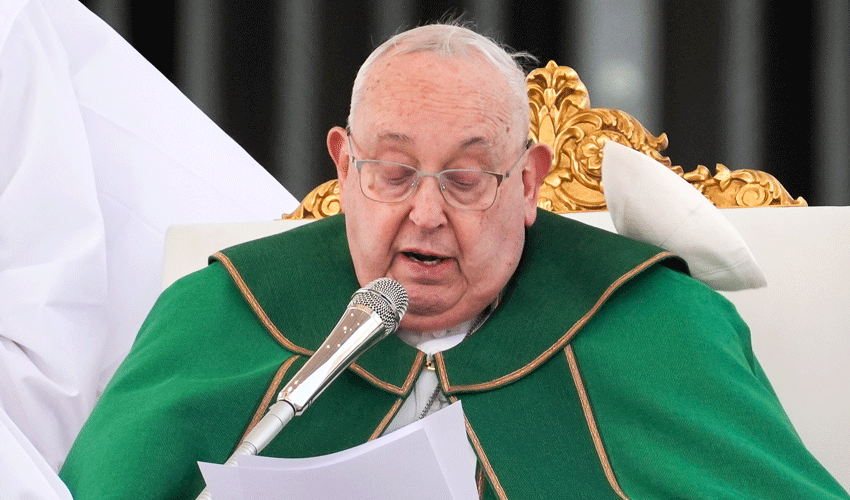Deputy Prime Minister Ishaq Dar, along with senior federal ministers including Defence Minister Khawaja Muhammad Asif and Information Minister Attaullah Tarar, unveiled a series of decisive measures in response to what Islamabad terms India’s “provocative and irresponsible actions.”
Speaking to reporters in Islamabad, Deputy PM Dar confirmed that Pakistan has formally suspended all types of bilateral cooperation with India, including trade, travel, and diplomatic engagements, while also taking strict action on key regional treaties and security matters.
India cannot unilaterally scrap international agreements: Dar
Highlighting the recent unilateral Indian move to suspend the Indus Waters Treaty, Dar said the treaty, brokered by the World Bank in 1960, cannot be revoked by one side alone.
“India cannot unilaterally cancel or suspend the Indus Waters Treaty. It’s an internationally binding agreement. Any such attempt will be viewed as an act of aggression,” Dar asserted. He warned that Pakistan has all rights under the treaty and will defend them with full force.
Attorney General Mansoor Usman Awan also stressed that despite two wars between India and Pakistan, the treaty had remained intact—a testament to its importance and binding nature.
Diplomatic ties downgraded, Indian officials ordered to leave
The Deputy PM announced that Pakistan is reducing the Indian High Commission staff to 30 members, and has declared India’s defense, naval, and air attachés persona non grata, ordering them to leave the country by April 30.
In a reciprocal move, Pakistan will limit its own diplomatic representation in New Delhi. Dar also confirmed that visas issued to Indian nationals—excluding Sikh pilgrims—have been cancelled. Those already in Pakistan under the SAARC visa scheme have been directed to leave within 48 hours.
Airspace closure to cost India millions daily
Further ratcheting up pressure, Pakistan has closed its airspace to all Indian airlines and aircraft, a move that is expected to cost Indian carriers millions of rupees per day due to longer routes and increased fuel consumption.
“No Indian aircraft—commercial, cargo, or private—will be allowed to pass through our airspace,” Dar stated.
Information Minister Attaullah Tarar added that this action would severely disrupt India’s aviation operations and could cost it “several million dollars daily.”
India accused of exporting terrorism
Defence Minister Khawaja Asif launched a scathing critique of Indian Prime Minister Narendra Modi, alleging that India is a state sponsor of terrorism.
“Modi is the only leader in the world on whom the U.S. once imposed a visa ban for terrorism,” Asif noted. He also cited Kulbhushan Jadhav as a living testimony of Indian state terrorism and accused India of spreading violence not only in Pakistan but also in countries like the U.S. and Canada.
“The BLA openly advertises its relations with India, and the TTP’s links to India are well documented,” he claimed.
Asif further questioned how the Pahalgam incident could occur despite the presence of 900,000 Indian troops in occupied Kashmir, suggesting it may be a politically motivated false flag operation.
Pakistan prepared to respond to any aggression
Deputy PM Dar made it clear that Pakistan’s armed forces are fully alert and prepared to respond to any challenge. He added that intelligence reports confirm the presence of foreign elements with heavy equipment in Srinagar, possibly planted there by Indian agencies.
“Our agencies are keeping a close eye on the situation. Any misadventure will be met with a fitting response, just like in the past,” Dar declared.
UN, US notified; more diplomatic action likely
Dar revealed that Pakistan has received copies of UN statements on terrorism and confirmed that the U.S. has also presented a resolution regarding recent developments.
He reiterated that Pakistan will assume the presidency of the UN Security Council in July, using the platform to raise pressing issues such as water security, state-sponsored terrorism, and regional peace.
“Pakistan is not acting out of impulse. We are responsibly fulfilling our diplomatic responsibilities while prioritizing national security,” said Dar.



























